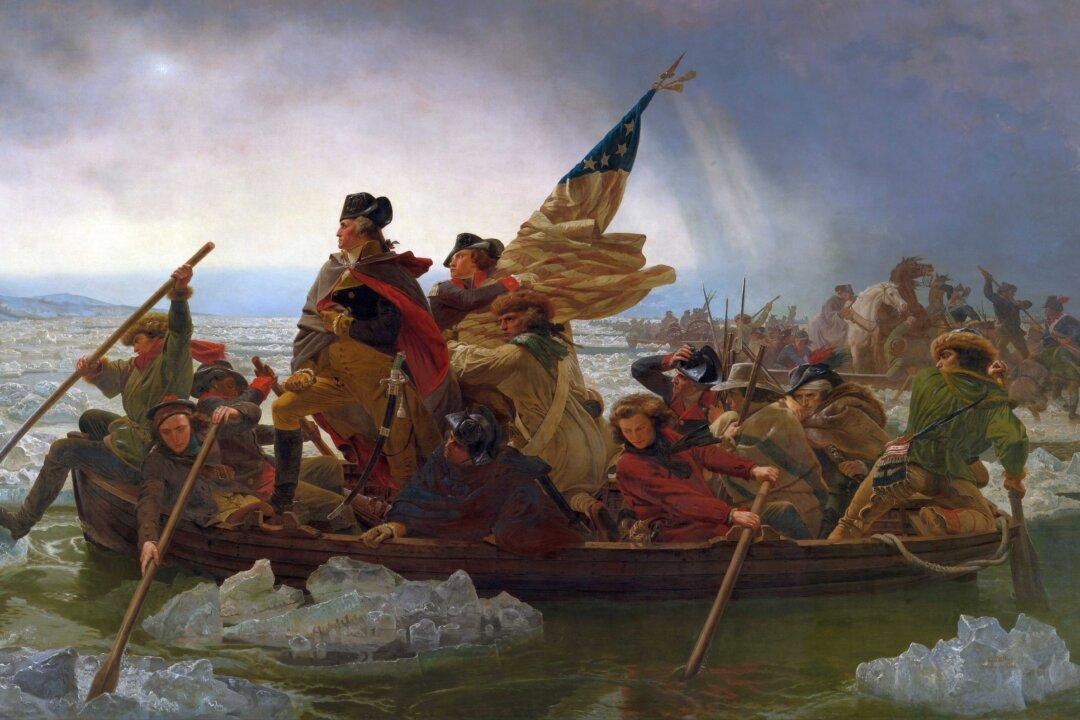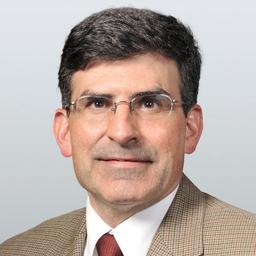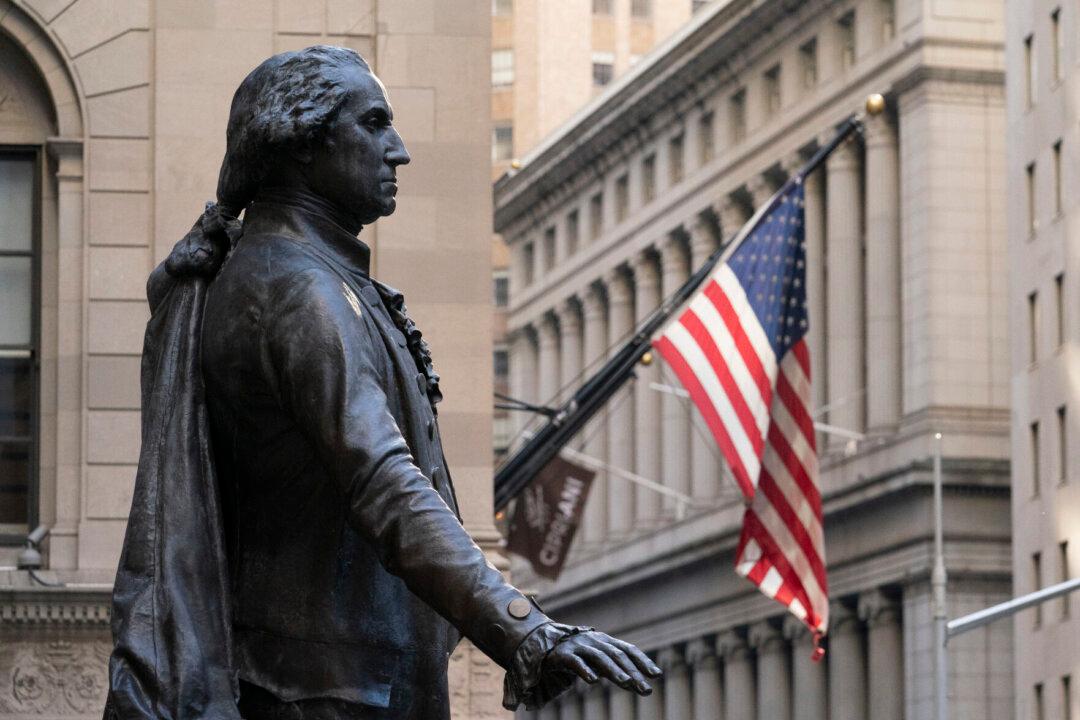For too many Americans, “civics” is either a vague mystery or akin to a dental cleaning: we know that we should do it, but would avoid it if possible. Regrettably, our country has chosen in the past 50 years the path of avoidance and ignorance by demoting civic education in our schools, including higher education, which also deems civics unserious, unpleasant, or less important. The consequences of this de facto policy have been disastrous for our educational system and our civic culture. Some educators, scholars, and civic leaders have warned about it, and some serious efforts have been undertaken to redress it. Nonetheless, what retired Supreme Court Justice Sandra Day O’Connor diagnosed more than a decade ago as America’s “quiet crisis” remains a crisis, even if some progress has been made in raising awareness about the problem.

General George Washington (1732–1799) stands in the prow of a rowing boat crossing the Delaware to seek safety in Pennsylvania after defeat by the British. Emanuel Gottlieb Leutze/Metropolitan Museum of Art via Wikimedia, public domain
|Updated:
Commentary

